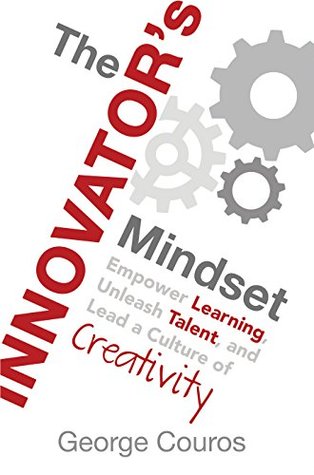More on this book
Community
Kindle Notes & Highlights
Started reading
July 6, 2018
How you recover from failure and move forward is important to how you learn and how you live. As you push the edges of the norm with your innovative ideas, hold onto your conviction and passion. If you don’t believe in your idea, why would anyone else?
Reflection, not only in innovation but also in education, is a practice to which we need to pay more attention. It is a process that is crucial to innovation, as it ensures we’re asking valuable questions, such as “What worked? What didn’t? What would I/we change? What questions do I have moving forward?” Questioning our efforts, progress, and processes is crucial to innovation. By constantly revisiting our learning in any space, we find areas that can be tweaked, modified, reiterated, or even reinvented. Looking back is crucial to moving forward.
Our role is to empower students to see themselves as innovators who take responsibility for their own learning and leading.
What we model is what we get. —Jimmy Casas
As leaders, we cannot tell others they should be innovative while we continue to do the same thing. The characteristics we look for in our teachers and our students—empathizing, problem finding and solving, risk-taking, networking, observing, creating, bouncing back, and reflecting—should be embodied in our work as well. As a principal, I did not simply recreate what my former principals did. Instead, I constantly asked the question, “Would I want to be in a community where I was the principal?”
Leaders, whatever their role, will more easily affect change if they allow others to see them taking risks, failing, recovering, and risking all over again.


